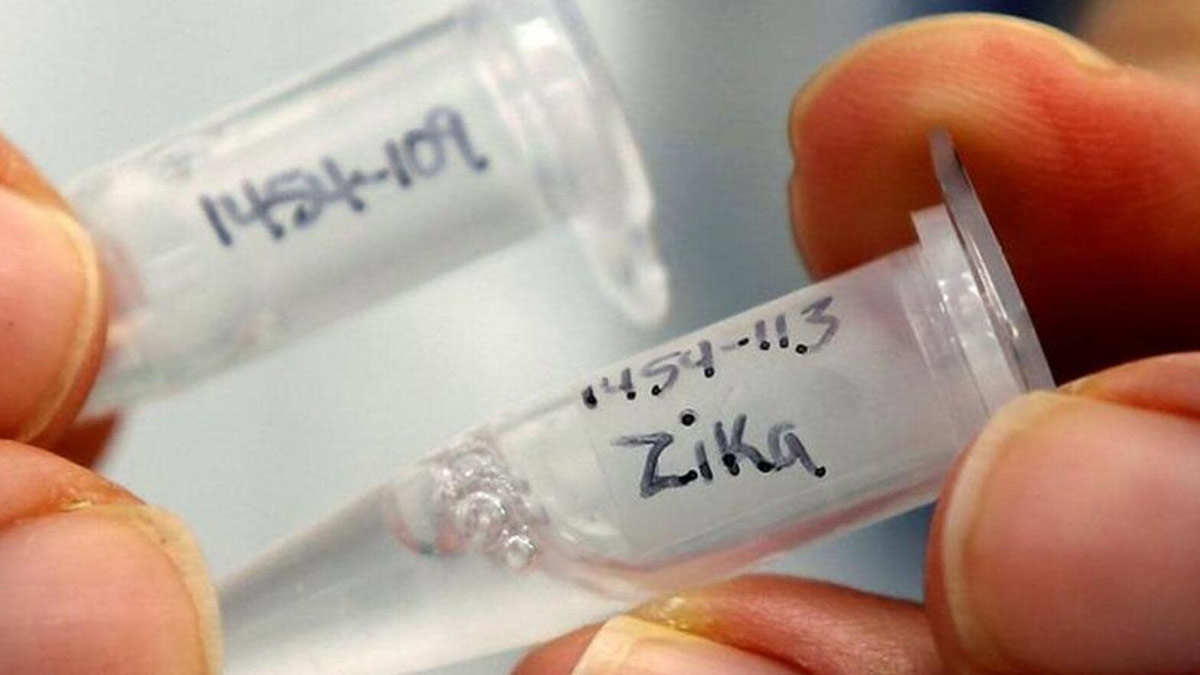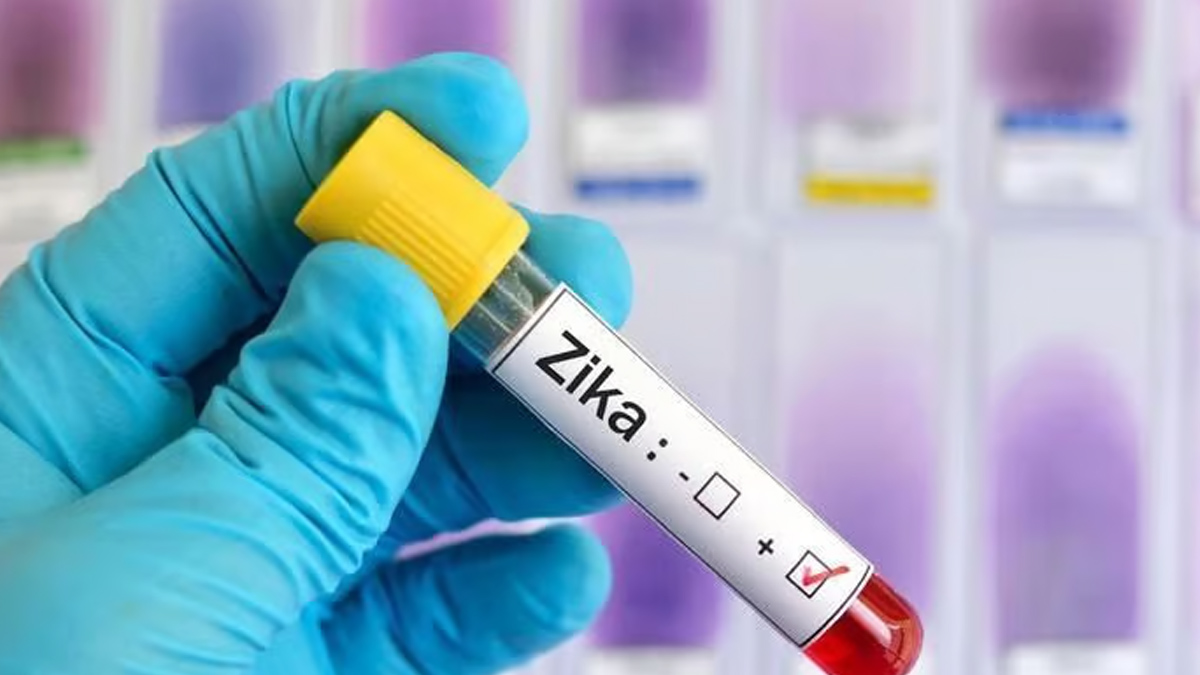
Following a directive from the Public Health Department, the Pune Municipal Corporation (PMC) has announced a comprehensive testing initiative for all pregnant women residing in active Zika virus transmission zones. This move aims to curb the spread of the virus and ensure the health and safety of expecting mothers and their unborn children.
Table of Content:-
Directive Issued to Health Officials
On Monday, the health department of the PMC issued an official communication to all zonal medical officers, hospital superintendents, and medical officers. The directive mandates the testing of all pregnant women within a five-kilometre radius of identified Zika-affected areas. Dr. Kalpana Baliwant, a health officer with the PMC, emphasized the urgency and importance of this measure.

Initial Testing Rates and Recent Developments
A report published on July 12 by HT highlighted a significant gap in compliance with the Ministry of Health and Family Welfare (MoHFW) guidelines, which require mandatory testing of all pregnant women in Zika-affected regions. According to the report, the PMC had tested only 5% of the pregnant women in these areas, prompting immediate action to increase testing rates.
Dr Suryakant Devkar, the assistant health officer of the PMC, stated the corporation's goal to maximize the number of tested pregnant women in active transmission areas. Blood and urine samples collected from these women will be sent to the National Institute of Virology (NIV) in Pune for analysis.
Also Read: Zika Virus Transmission In Pune’s Sukhsagarnagar Area; Another Test Positive
Current Zika Virus Situation in Pune
Since June 20, the PMC has recorded 21 Zika virus cases, including 10 pregnant women. Active transmission is currently reported in eight ward offices: Karve Nagar-Warje, Hadapsar, Kothrud-Bavdhan, Aundh-Baner, Singhgad Road, Nagar Road, Kondhwa-Yewalewadi, and Yerawada. Out of 2,408 pregnant women registered for antenatal care in these areas, only 167 (7%) have been tested for the virus so far.
Guidelines for Pregnant Women
As per central guidelines, all pregnant women from Zika-affected areas should undergo two ultrasound examinations. The first scan is recommended at 18-20 weeks of gestation, while the second should be conducted between 28-30 weeks. These scans are critical for monitoring fetal development and identifying potential complications related to Zika virus infection.
Suspected Zika Case in Paud Phata
On Monday, the PMC reported a suspected Zika virus case in a 23-year-old pregnant woman from Paud Phata. The woman, who is five months pregnant, initially sought treatment at a private clinic in Kothrud after experiencing symptoms such as fever and rash. She was later treated at Deenanath Mangeshkar Hospital.
A senior PMC official confirmed that surveillance has been initiated in the area, and her samples will be sent to NIV for confirmation of the virus infection. This incident underscores the ongoing threat of the Zika virus and the need for vigilant monitoring and testing.
Also Read: Over 800 Students In Tripura Infected With HIV? Health Ministry Dismisses Claims As Misleading
Testing and Surveillance Efforts
Dr Kalpana Baliwant reported that 11 samples from suspected Zika patients have recently been sent to NIV Pune for testing. Of these, 10 samples are from pregnant women, with eight from Kalas and one each from Pashan and Dahanukar Colony. This proactive approach is essential to identify and manage Zika virus cases promptly.
Bottomline
The PMC's decision to test all pregnant women in Zika-affected areas reflects a commitment to public health and the well-being of expectant mothers. By adhering to national guidelines and enhancing testing and surveillance efforts, the PMC aims to mitigate the risks associated with Zika virus infection. Pregnant women in these regions are encouraged to undergo the necessary tests and follow medical advice to ensure a safe pregnancy.
Also watch this video
How we keep this article up to date:
We work with experts and keep a close eye on the latest in health and wellness. Whenever there is a new research or helpful information, we update our articles with accurate and useful advice.
Current Version